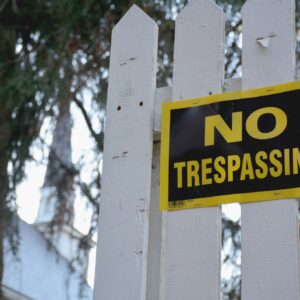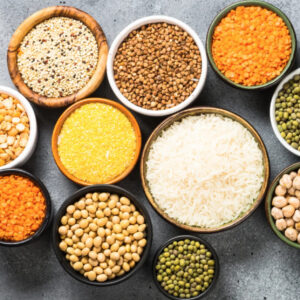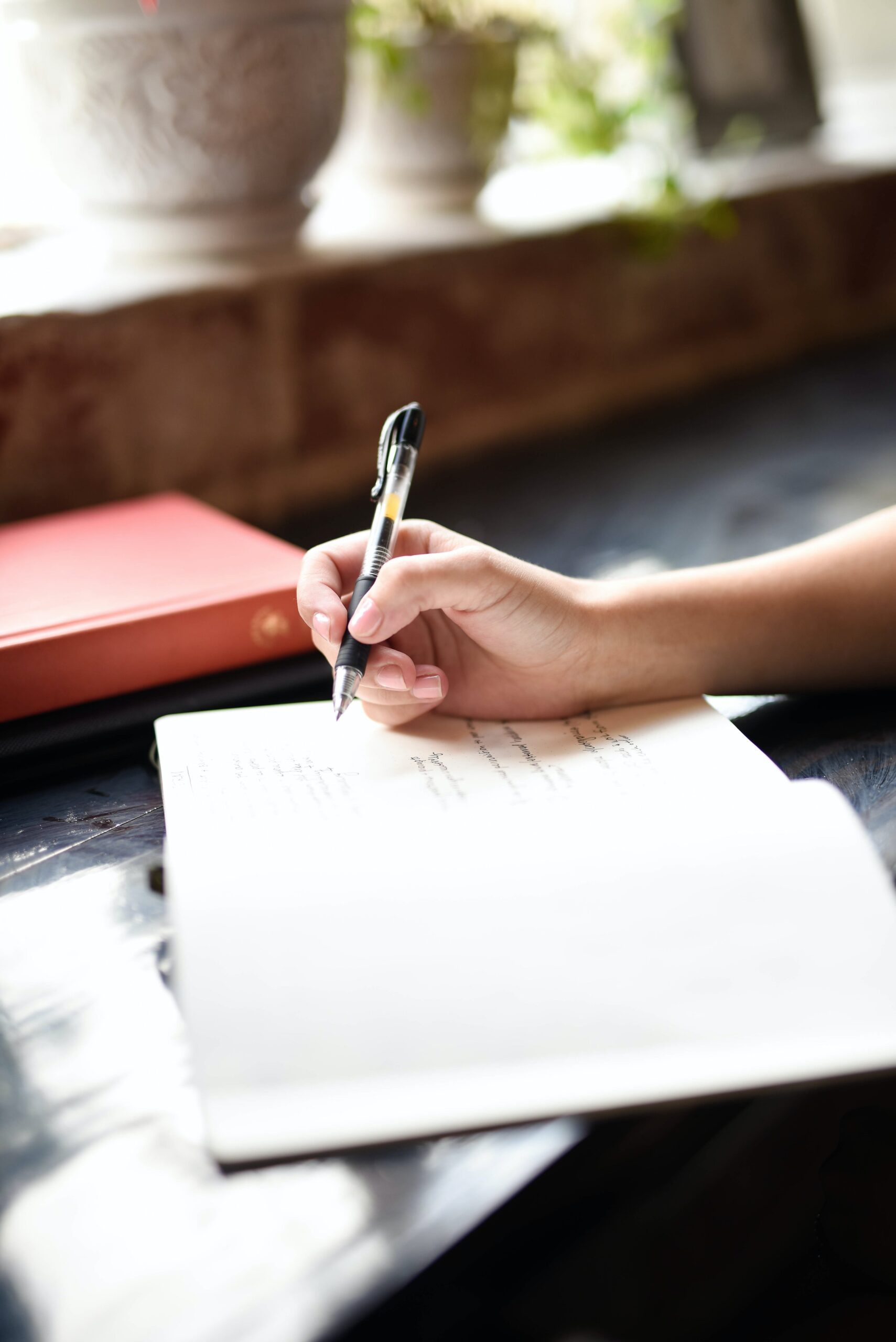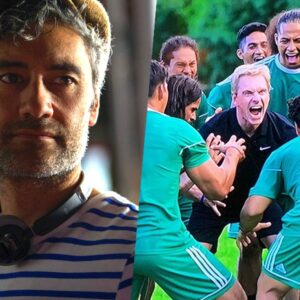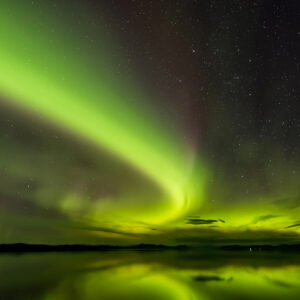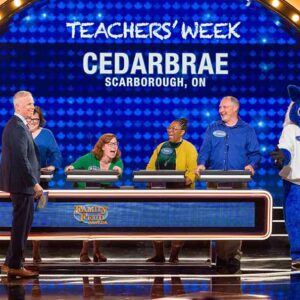
Garth Mullins: Tell me about Indian and Cowboy – what’s the vision?
Ryan McMahon: Indian and Cowboy is a website – a podcast platform. We’re producing five shows after our eighteen-month Beta. It’s going to be a place where indigenous stories will live. The internet is the Wild West and we’re finding our place in that Wild West. While we do it, we’re taking our stories back and this is who we are.
It will be a podcast network, but it will also be a company that produces video for the internet, film for broadcast media and of course, the theatres. If I could be so bold, it would be like a Judd Apatow, Studio 360 kind of deal. You could come in Indian and Cowboy and make a film, start a podcast. We could publish your book. We could produce your album. The vision is to try to create an industry where one doesn’t really exist and the inspiration is places like Radiotopia [which is like an Indie label for podcasters].
Capitalist lingo aside, the market will decide whether we succeed or fail. If we get embraced and do a good job, we’ll be around for a long time.
Garth: I know you have some folks helping you out on this – Chelsey Vowell, Hayden King, tell me about that.
Ryan: Sure. We’re working a vacuum right now with indigenous podcasting. You know, still to this day, when I tell people what I’m trying to do and what I’m trying to work on, the first thing people say … They don’t get excited. They don’t go, “Oh wow!
That’s incredible!” The first thing they say is, “Oh, I don’t own an iPod.” It’s like, podcasting has nothing to do with iPods.
It is surprising to me because I’m such a podcast fan, so I had to look around and see who’s actually first producing work of any kind? I’m talking about blogs, literature, podcasts and [I] watch to see who is doing what and Métis in Space is brilliant. It’s essentially Métis women sitting down with a bottle of wine watching a Sci-fi flick and deconstructing it through a decolonial lens. It’s one of those things that you hear somebody doing and then the light bulb goes off and you go, “Oh, why have I never thought of that?!”
As you know, Garth, women in the podcast space [are] very rare. It’s like stand up comedy that way, so I thought wow, this is powerful, to have two young women really, really go in on these tropes and these themes and really break it down in a funny, articulate way while drinking a couple glasses of wine and having fun while doing it. I mean, what’s better than that? They’re really one of the only other indigenous podcasts that I could name and it was like oh, I have two podcasts. What an asshole, who builds a podcast network for himself?
Stories from the Land which is hosted by Hayden King is a community sourced story-telling podcast. It can be about connection, disconnection, removal, arrival. It can be spiritually-based, it could be about a physical connection.
I don’t want to sound like a religious nut, so how do I articulate this? Well, I can articulate it through story.
Hayden King, within thirty seconds, sent me a private message on Twitter and said oh my God, this is … I have so many stories. I’m a hunter. I said to Hayden jokingly, well, maybe you should host it if you’re so excited about this project. He was more excited about it than I was and he said, ‘I’ll host it.’ Then I told him what podcasting was all about and he went, ‘Oh … Oh, well, yeah, I’ll still host it.’
It started honestly. It’s still very humble beginnings for us and really what we’re trying to do right now is just build audiences for each show and we’re trying to get momentum. I just believe in the power of story and I believe in those Stories from the Land so much.
I think many of us forget or are disconnected from just what it means to have a safe place to go to swim. If you look at where Chelsea Vowel, the host of Métis in Space, where she’s from, she’s from Lac Saint Anne, Alberta, which is a big, big lake. They can’t eat the fish from that lake anymore. There’s all kinds of problems in that lake with algae and that is the lake where they bless each other in. That’s poisoned now.
So there’s lots of examples where I think for me, there’s something found in story that can bring our sense of community home. It can bring our sense of humanity back. It can connect us and reconnect us to each other and that’s indigenous and non indigenous. I mean, the greatest thing is that when you tell somebody who you are, they understand you a little bit better.
Garth: What can people do to support Indian and Cowboy?
Ryan: Well, the best thing they can do is listen to the shows and decide if they like them or not. I’m not going to ask anybody to tweet or Facebook or blog about it or put me on their podcast to talk about it unless they like it, unless they see something in it. The best thing you can do is listen and if you liked it, send it to somebody.
It’s a grassroots effort to gain listeners and to find people that are passionate about what we are and that is giving voice to those that maybe didn’t have a voice before. With podcasting, there’s no money involved. Podcasts are free to listen to, but they’re not free to produce and record and it takes a lot of time to sit and edit. The podcast hosting costs money and there’s all kinds of costs to doing it, so we just need people to listen. We need people to be excited about it.
This is a twenty hour a day job for me, to start Indian and Cowboy and I’m literally right now, wake up in the morning, do my emails for my stand up comedy and my touring and everything else is dedicated to this. I can see the download numbers, I can see people listening, but they’re not hitting us up on Twitter, saying hey, great job, Chelsea or hey, great job, Hayden! We’re just not getting that interaction in the feedback, so it feels like a thankless job right now.
Garth: And can people donate?
Ryan: Well, they can go to Indianandcowboy.com. There’s a donate button there and some people can donate, some people can’t. All we’re saying is the real payment that we care about right now is getting people to listen and if they’re listening, then that’s half of our battle. It is exciting and we are at that time right now and I really believe that in 2014, politically and socially, absolutely, we’re in a really ugly place that has taken us a long time to get to, but we are in ugly times, but I also feel in some respects that we’re in a time that we’ve never been in before and that’s a positive thing.
I feel like there is an upward momentum. I feel like there is a positive movement out there as well. I am hopeful and I am optimistic that there are more dynamic things and incredible things that are happening than ever before and so I feel ready and I feel like definitely Indian and Cowboy, it’s time for something like it.


